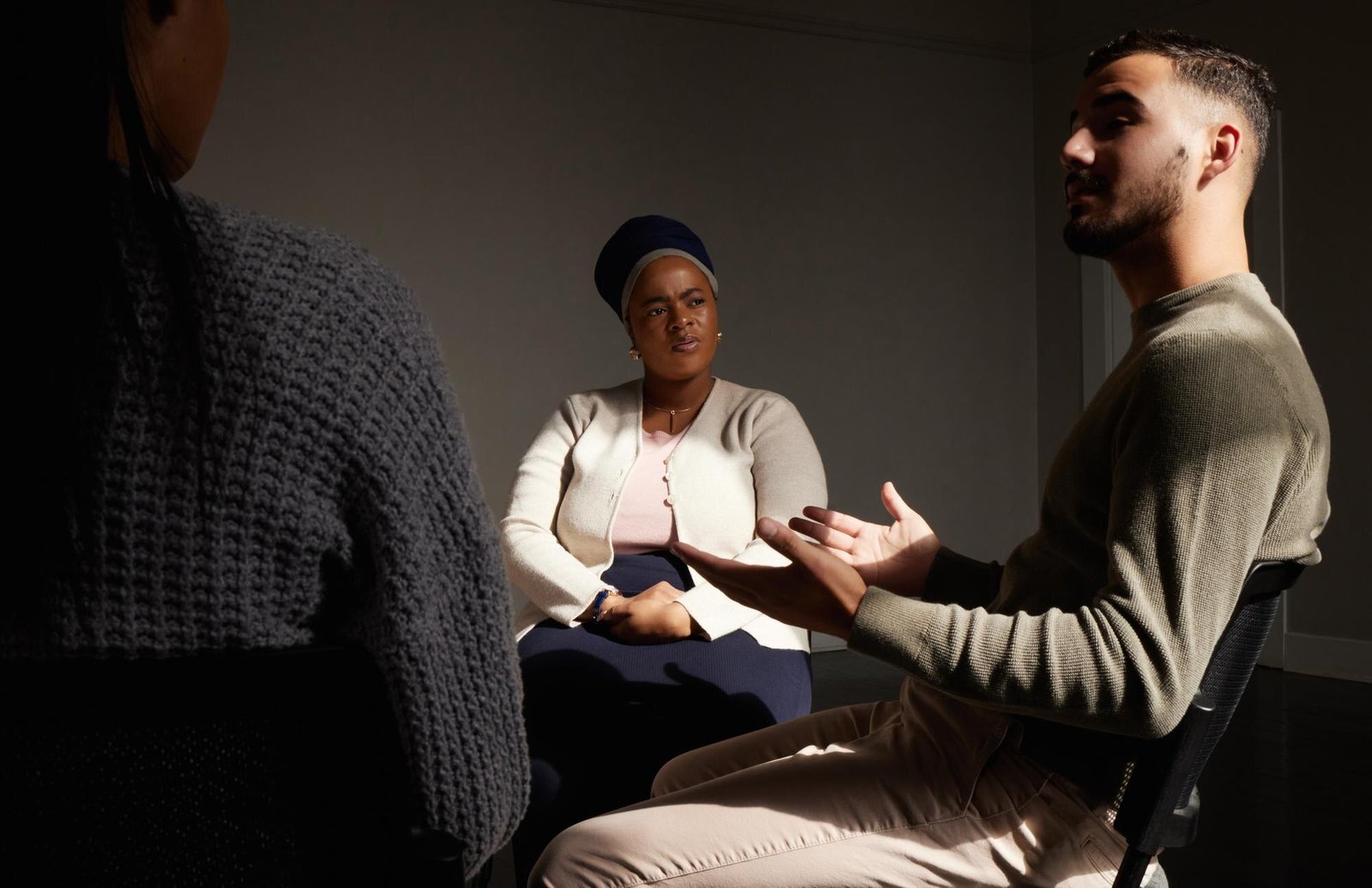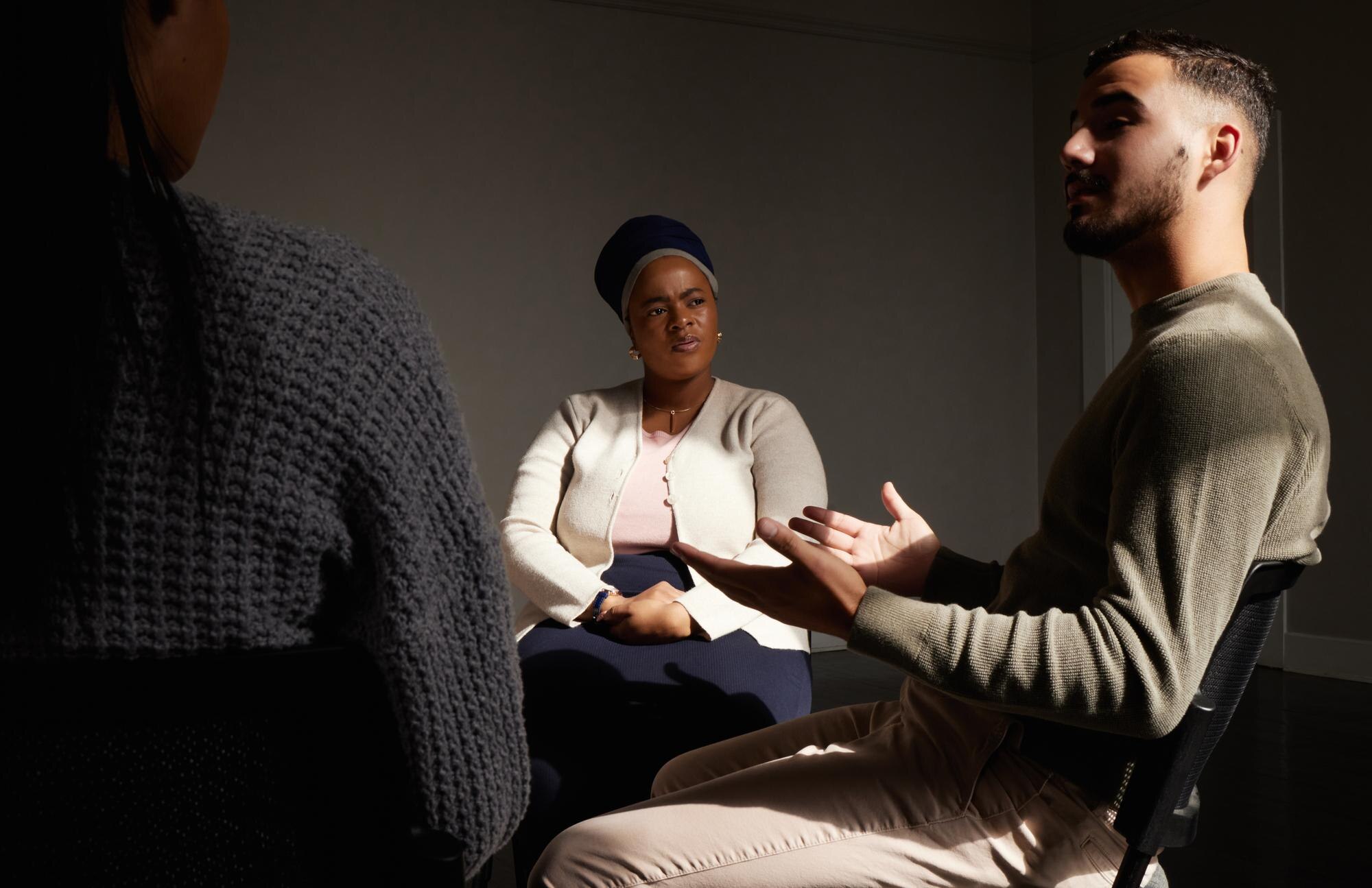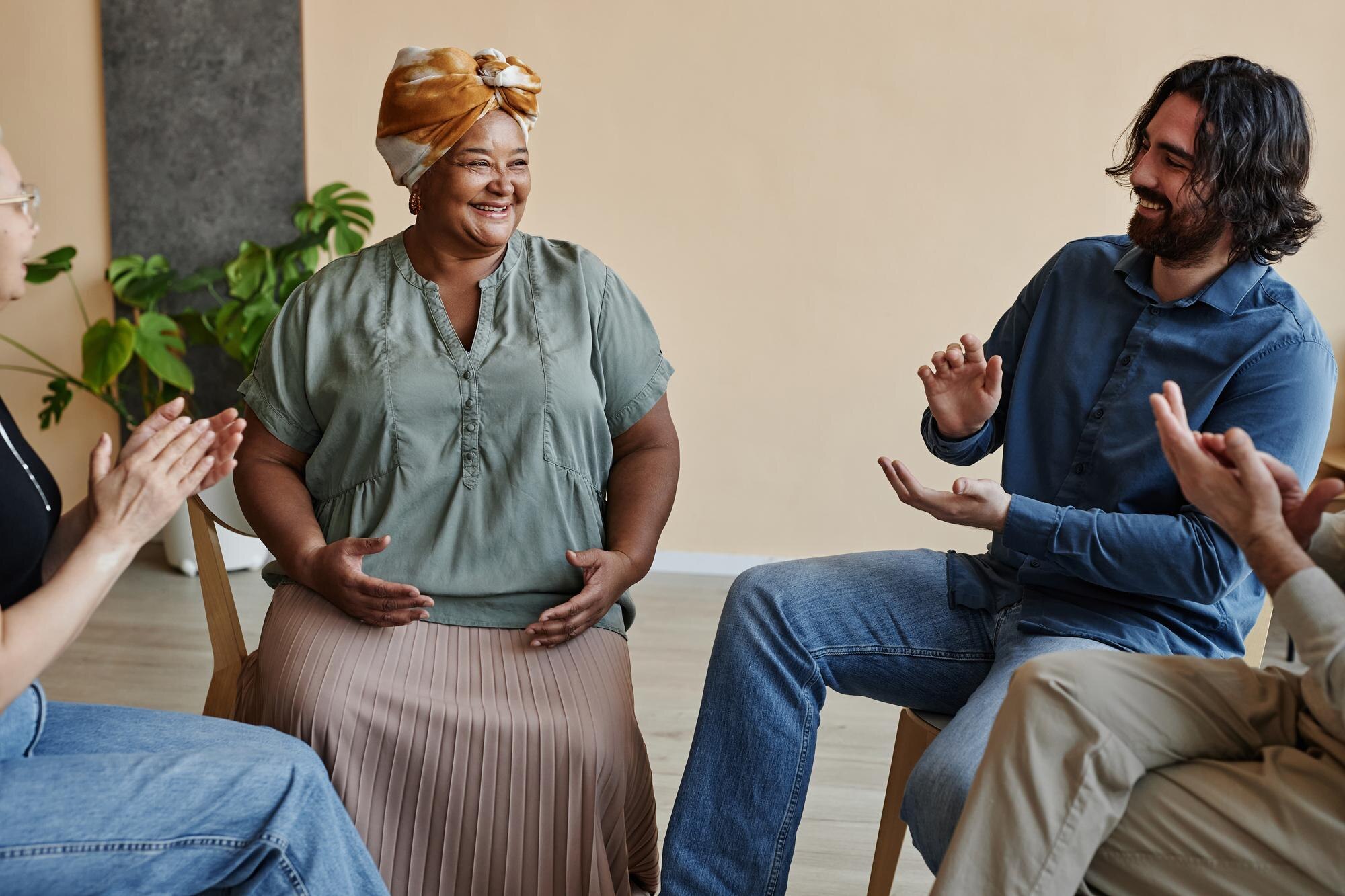
Unlocking Freedom: Why Non-Clinical Coaching Outshines Traditional Therapy in Addiction Recovery
You’re not crazy. You’re hurting. And there’s a way out that doesn’t involve judgment or labels. Non-clinical coaching for addiction recovery dives deep into the emotional pain that’s been driving your compulsions. It’s a path that offers freedom—free from the stigma and diagnosis of traditional therapy. Imagine replacing self-hate with self-love, and emotional numbness with self-trust. You’ll learn how to break the chains of compulsion and reclaim your power. Ready to change your story? Let’s begin. For more insights on this approach, you can explore this resource.
The Power of Non-Clinical Coaching

Non-clinical coaching offers a unique approach to addiction recovery by focusing on emotional healing without the confines of traditional therapy labels. It provides individuals with the freedom to explore their pain and compulsions in a non-judgmental environment.
Breaking Free from Labels
In traditional therapy, individuals often face the challenge of being labeled with a diagnosis. This can lead to feelings of shame and stigma, making recovery a daunting process. Non-clinical coaching eliminates this barrier by not assigning labels or diagnoses. Instead, it focuses on understanding the emotions driving addiction and offers a path to healing without judgment.
By removing labels, people can explore their vulnerabilities openly. They are encouraged to focus on their emotions and what triggers their compulsive behaviors. This approach fosters a deeper understanding of oneself, promoting personal growth and healing.
Breaking free from labels allows individuals to see their addiction as an emotional challenge rather than a personal failing. This perspective can empower them to take control of their recovery journey. For more insights, you can explore this resource.
Emotional Healing Without Judgment
The concept of emotional healing without judgment is central to non-clinical coaching. This approach emphasizes understanding and compassion, creating a safe space for individuals to explore their feelings. Judgment-free environments encourage honesty and self-reflection, which are vital for emotional healing.
People struggling with addiction often face harsh self-criticism. Non-clinical coaching replaces this with empathy and support, helping individuals develop self-compassion. This shift in mindset can lead to significant breakthroughs in the recovery process.
By fostering a non-judgmental atmosphere, coaching allows individuals to address deep-seated emotional pain. As they learn to forgive themselves and accept their past, they can begin to heal and move forward with resilience. A detailed comparison of coaching and traditional therapy can be found here.
Empowering Tools for Lasting Change

Non-clinical coaching equips individuals with practical tools to support their journey toward lasting recovery. These tools focus on rebuilding self-worth and addressing compulsive behaviors.
Rebuilding Self-Worth
Rebuilding self-worth is a vital step in addiction recovery. Non-clinical coaching emphasizes the importance of self-love and acceptance as foundational elements for change.
Self-awareness: Recognizing personal strengths and achievements helps build confidence.
Affirmations: Regularly practicing positive affirmations fosters a healthier self-image.
Goal setting: Achievable goals provide a sense of purpose and accomplishment.
Through these steps, individuals can develop a positive self-view, leading to sustained emotional healing. A supportive environment reinforces these practices, encouraging individuals to see their innate value. More insights on rebuilding self-worth are available here.
Addressing Compulsive Behaviors
Compulsive behaviors are often rooted in unresolved emotional pain. Non-clinical coaching addresses these behaviors by identifying triggers and developing coping strategies.
Understanding triggers: Individuals learn to recognize what prompts their compulsive actions.
Developing coping mechanisms: Techniques such as mindfulness and meditation can reduce compulsive urges.
Replacing habits: Encouraging healthy habits can break the cycle of compulsion.
By focusing on these areas, non-clinical coaching offers a comprehensive approach to managing compulsive behaviors. This method empowers individuals to regain control over their actions and leads to sustainable recovery.
A Safe Space for Emotional Freedom

Creating a safe space is crucial for anyone seeking emotional freedom. Non-clinical coaching offers a supportive environment where individuals can explore their emotions without fear of judgment.
Trust and Self-Love Reconnection
Reconnecting with trust and self-love is essential for emotional healing. Non-clinical coaching nurtures these elements by fostering an environment of acceptance and understanding. This process helps individuals rebuild trust in themselves and their journey.
Cultivating self-trust: Regular self-reflection encourages individuals to trust their instincts and decisions.
Promoting self-love: Daily practices, such as gratitude journaling, reinforce feelings of self-worth.
Reestablishing these connections can transform an individual’s relationship with themselves, promoting long-term emotional freedom. For more information on this approach, visit this resource.
Supportive Community and Guidance
Having a supportive community is invaluable in addiction recovery. Non-clinical coaching provides a space for individuals to connect with others who understand their struggles. This sense of community offers encouragement and shared experiences.
Peer support: Sharing stories and challenges fosters a sense of belonging and mutual understanding.
Guided coaching: Expert coaches offer personalized guidance and strategies for overcoming addiction.
Collective growth: Group sessions promote collective learning and support.
This supportive framework helps individuals feel less isolated and more empowered. As they share their journeys, they gain strength from knowing they are not alone. Discover more about supportive community practices here.
By embracing non-clinical coaching, individuals can find a path to recovery that is compassionate, empowering, and free of judgment. 🌟



